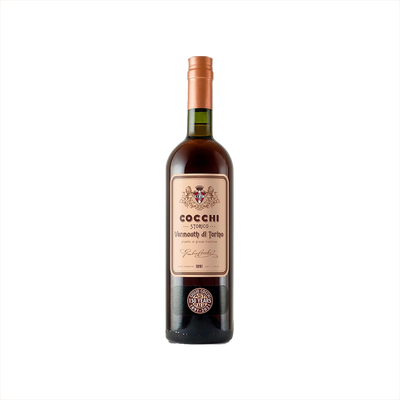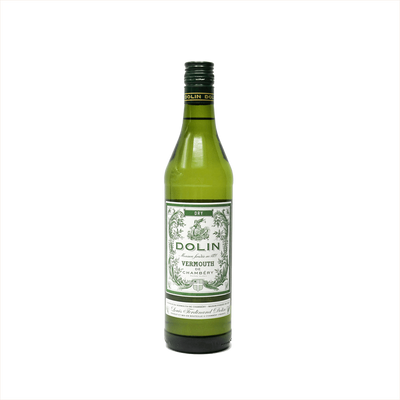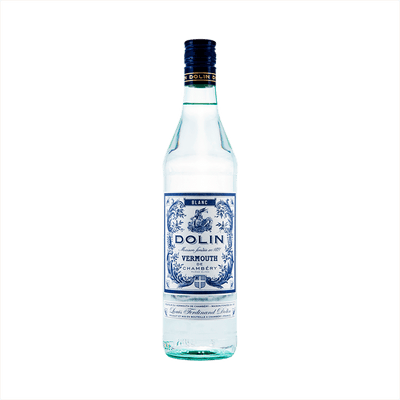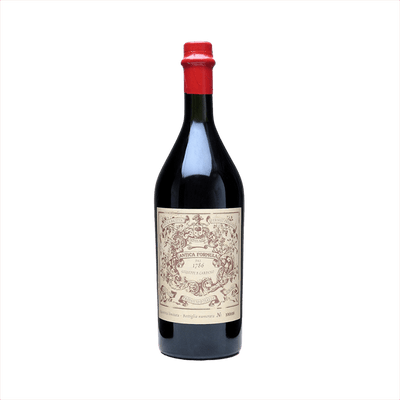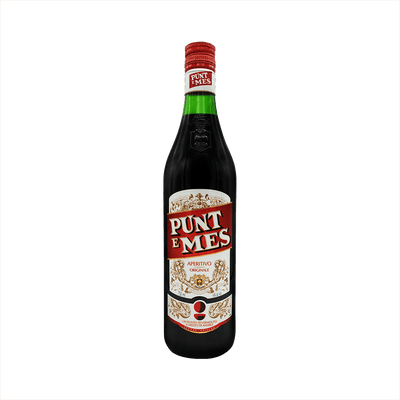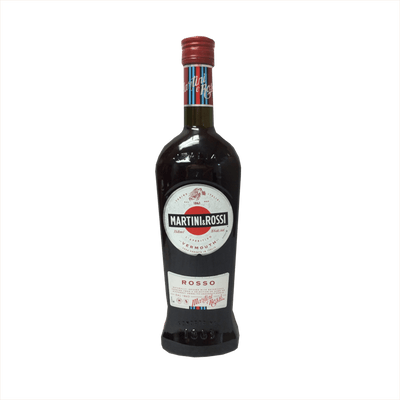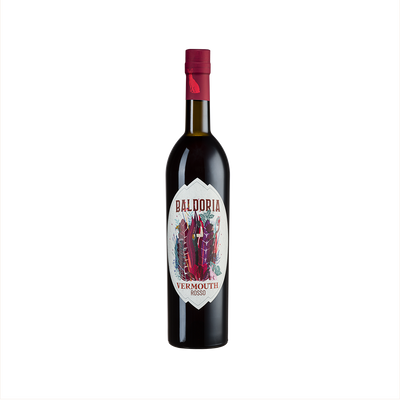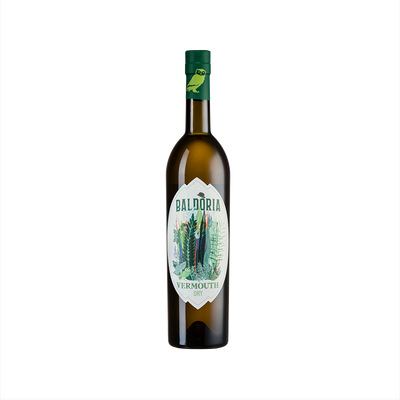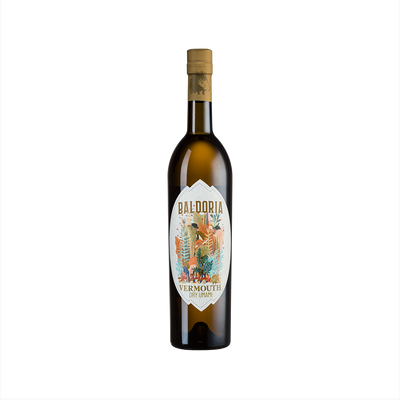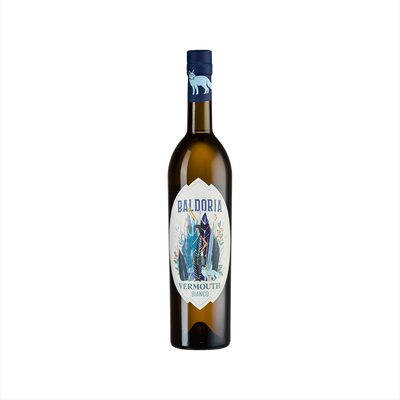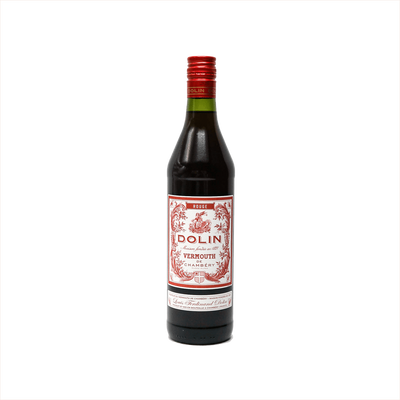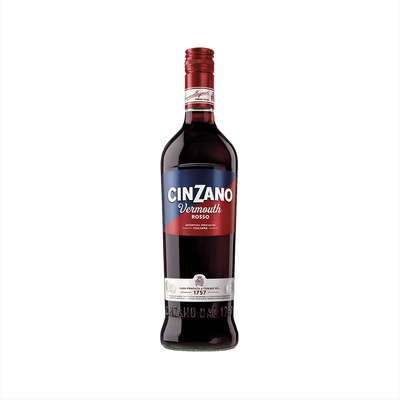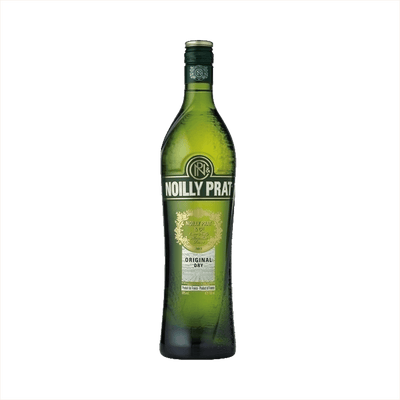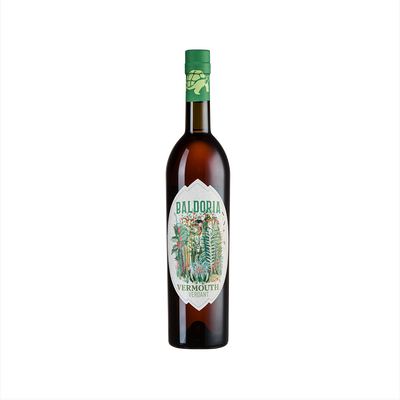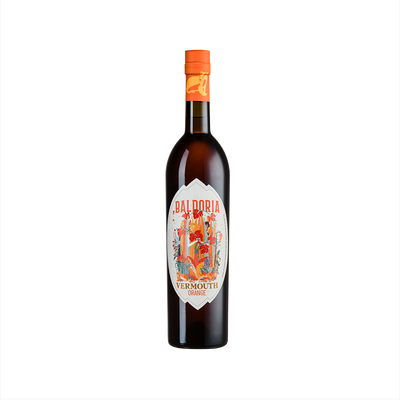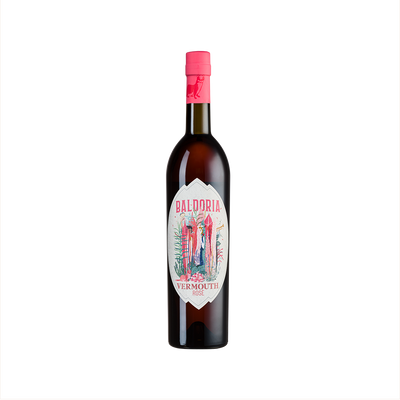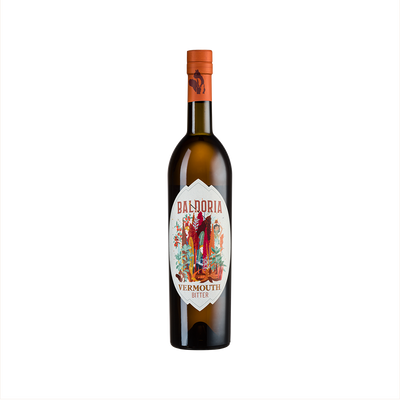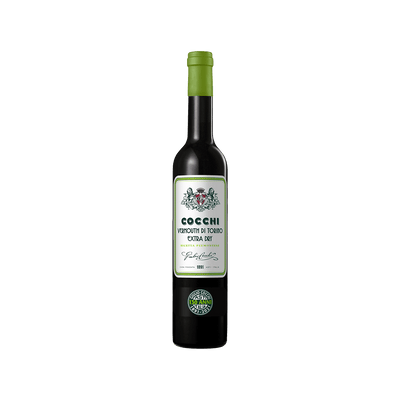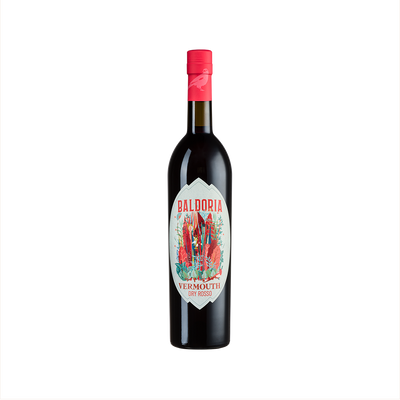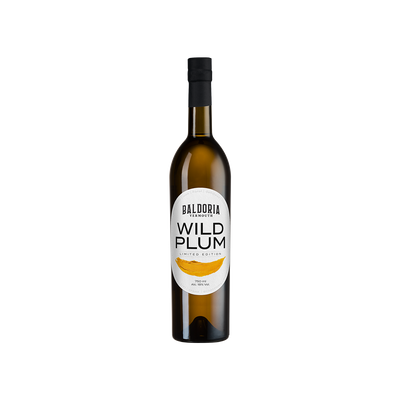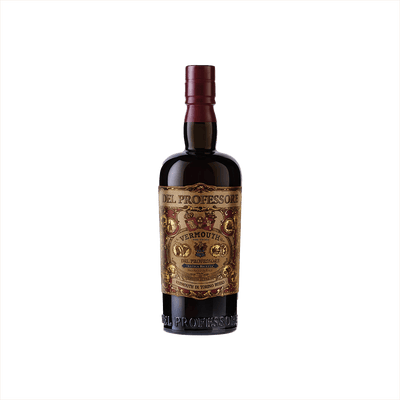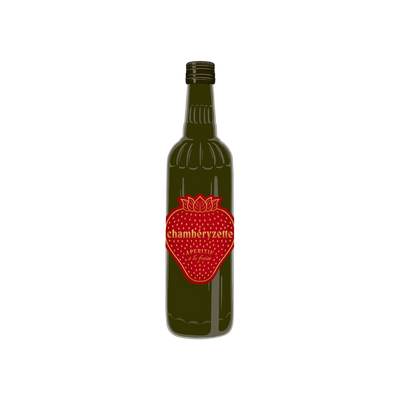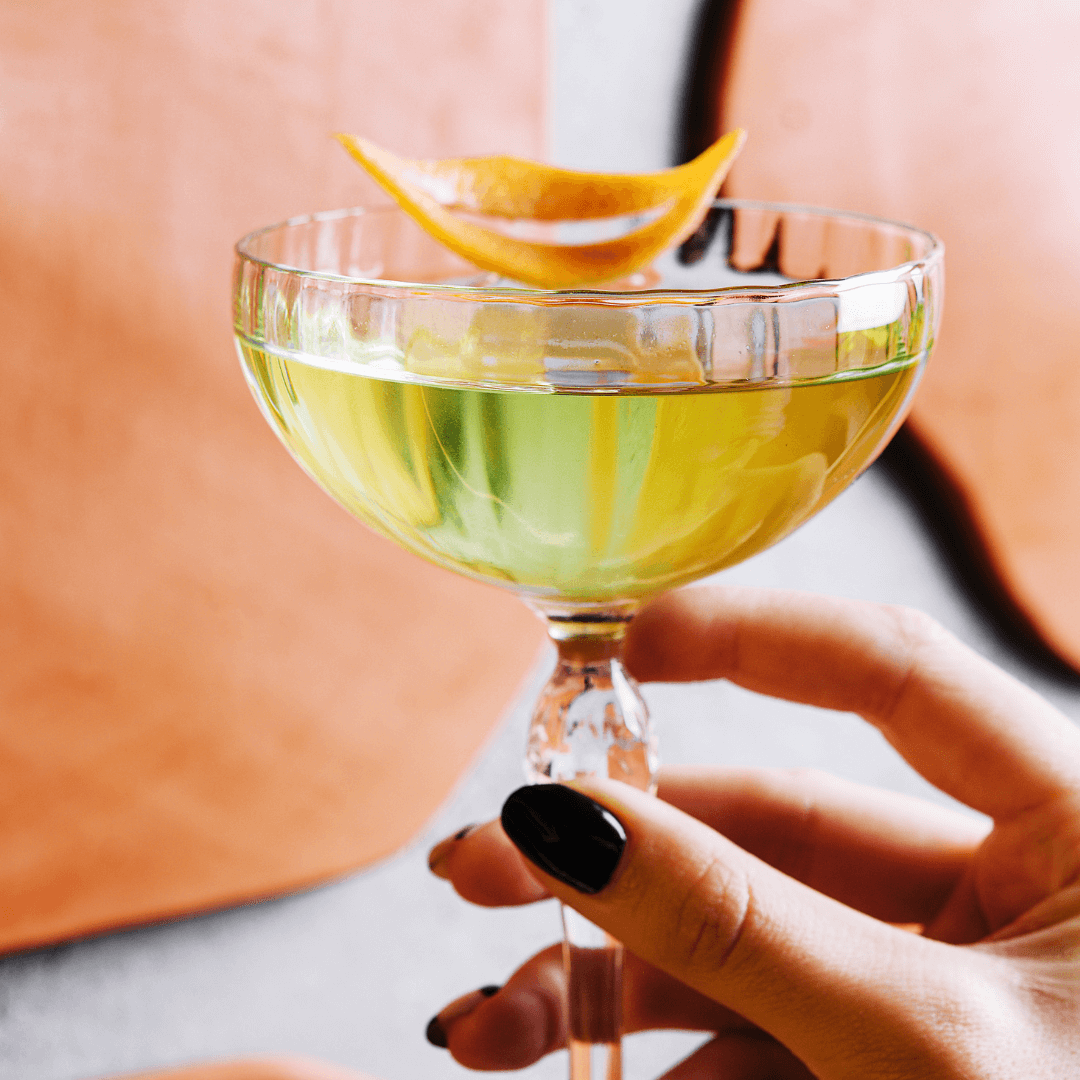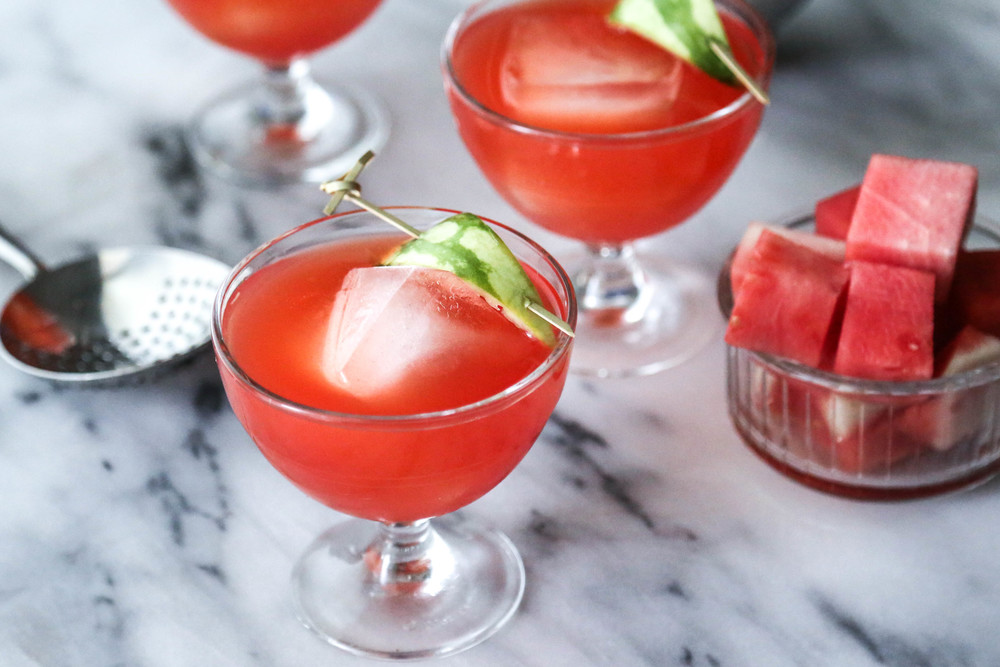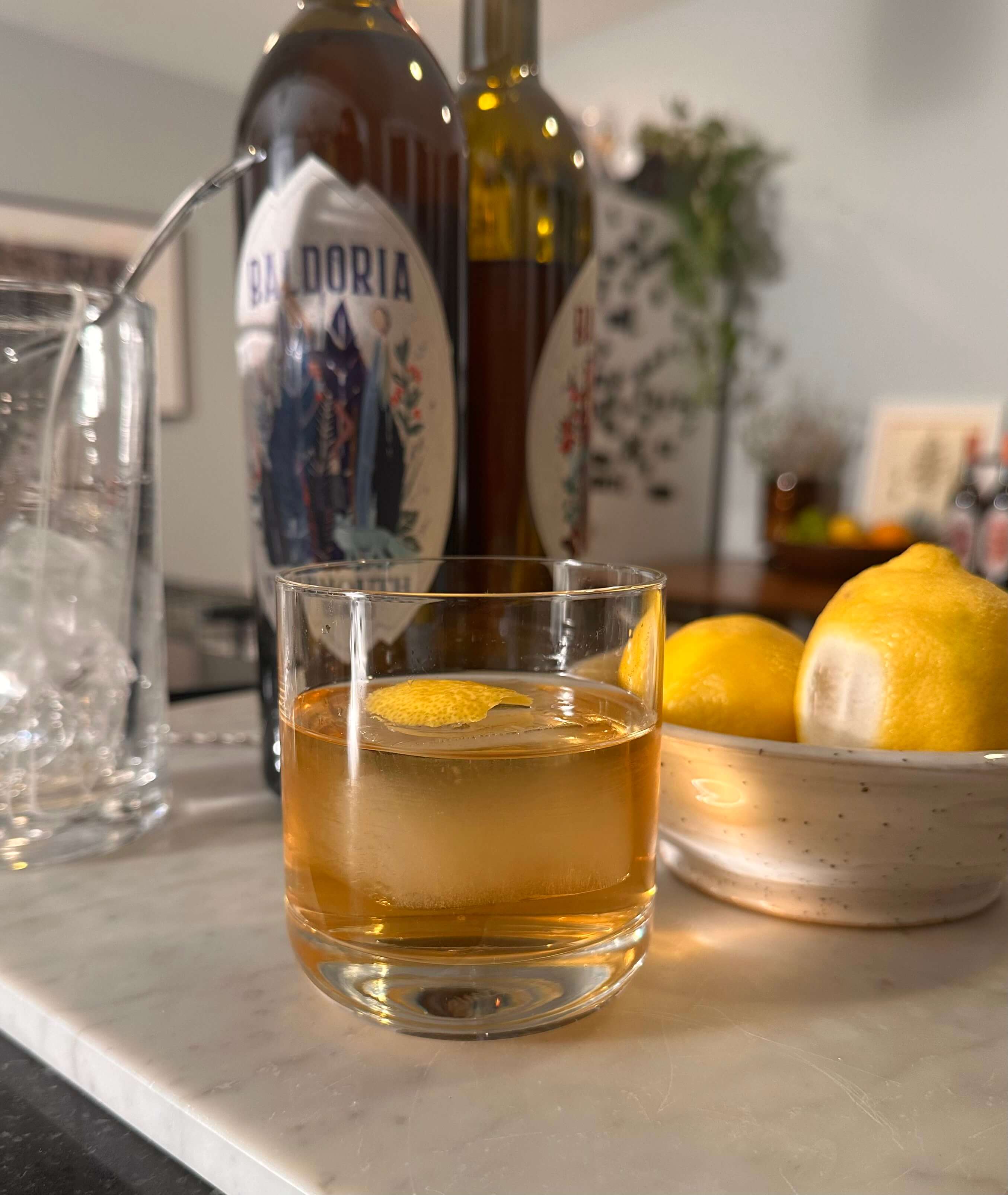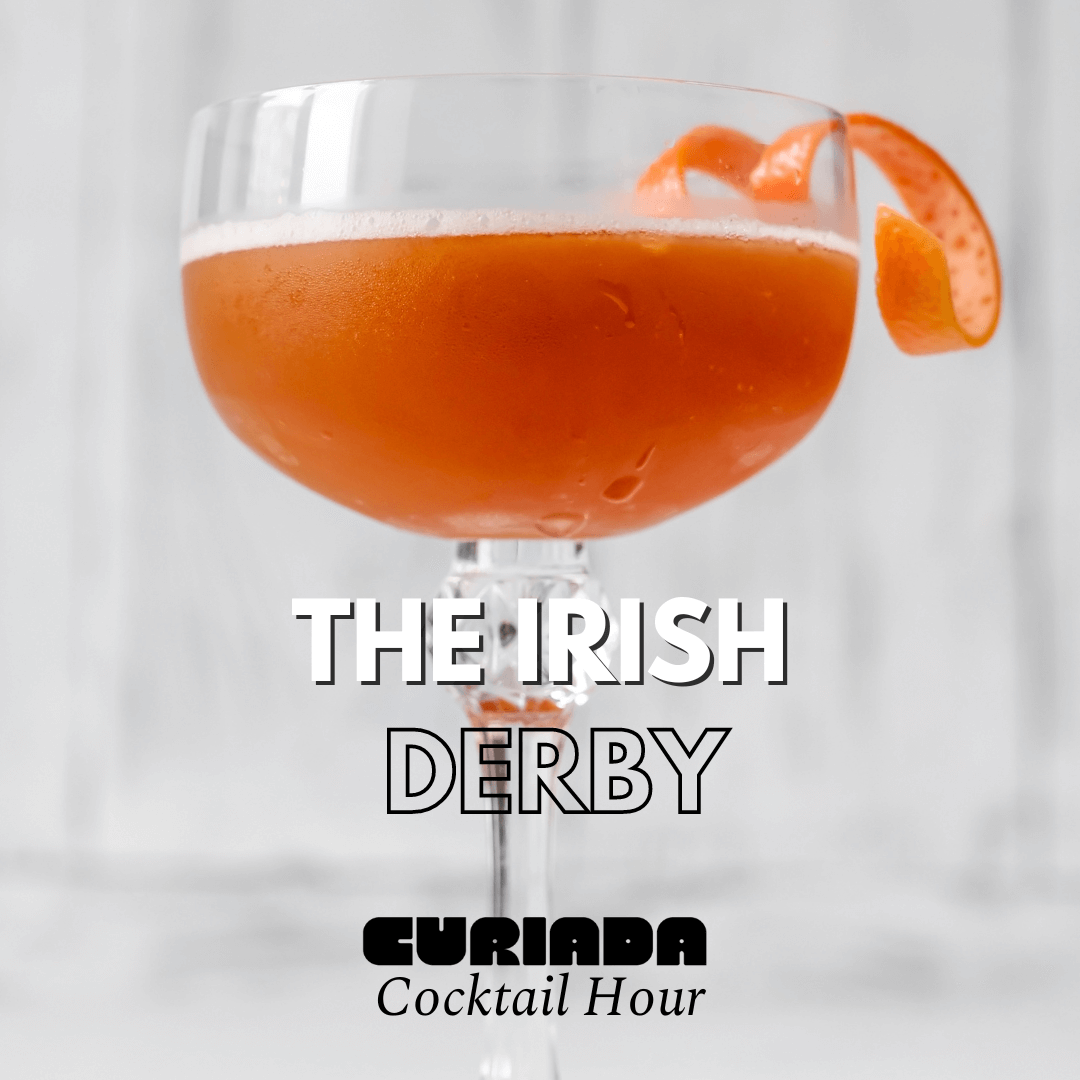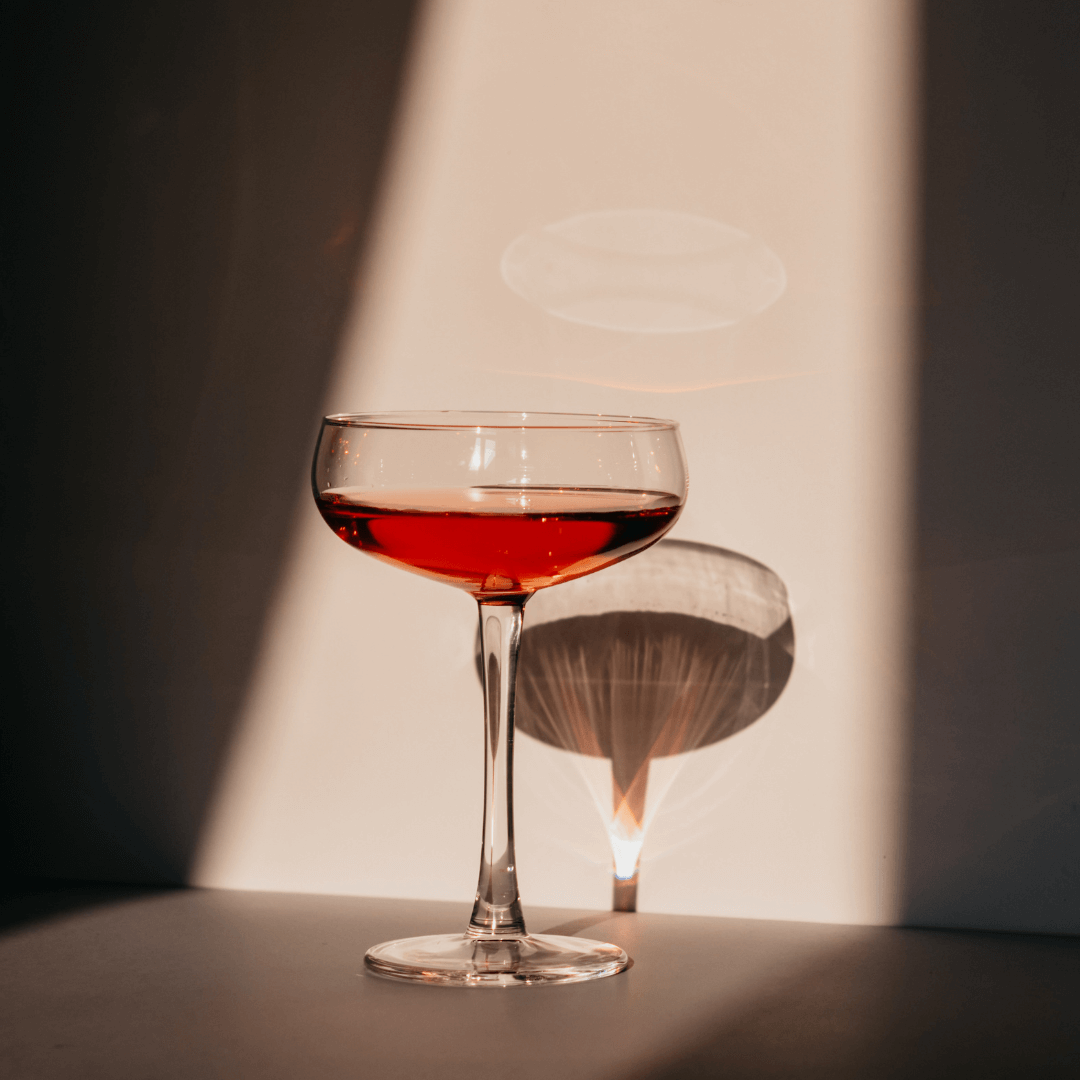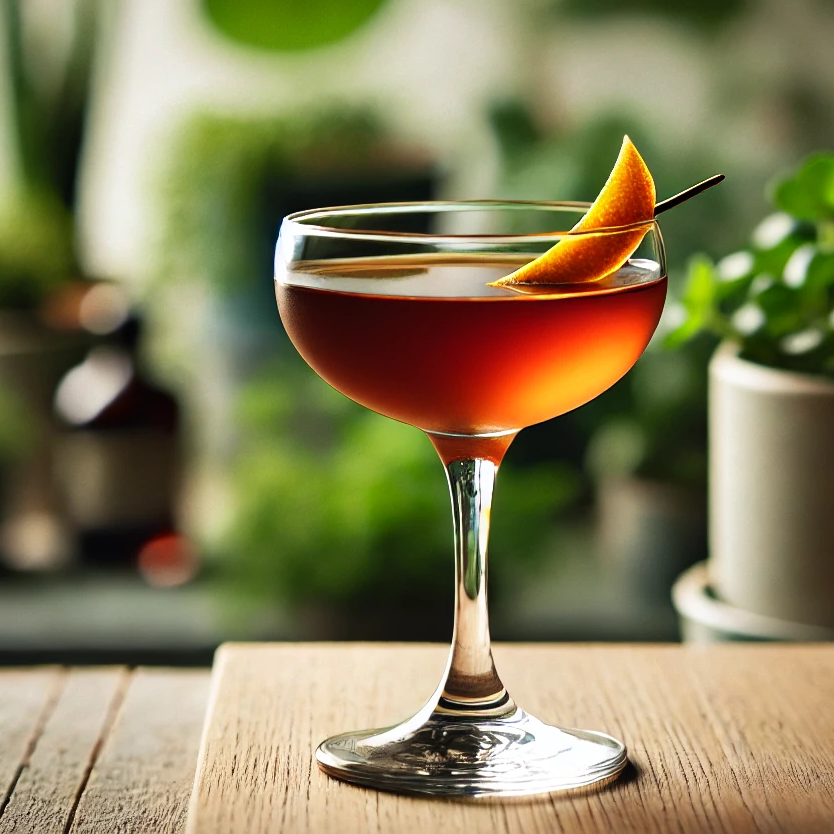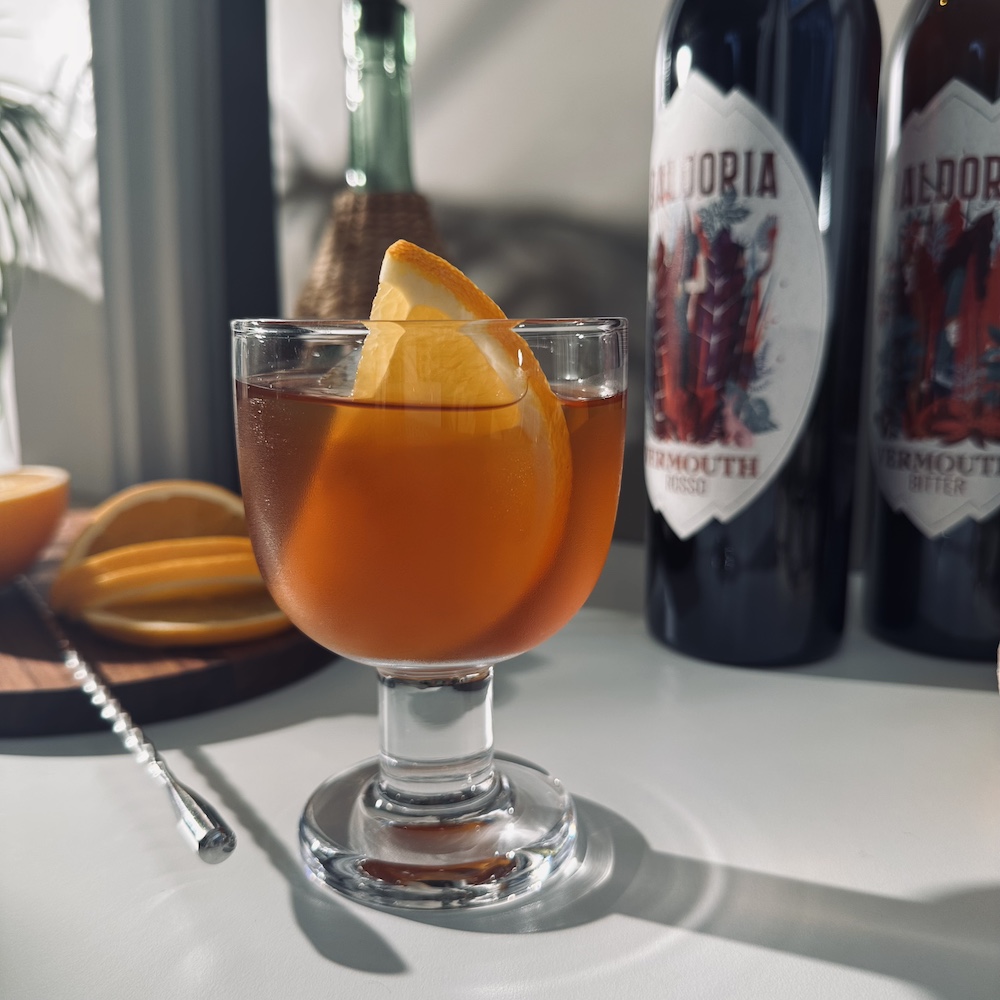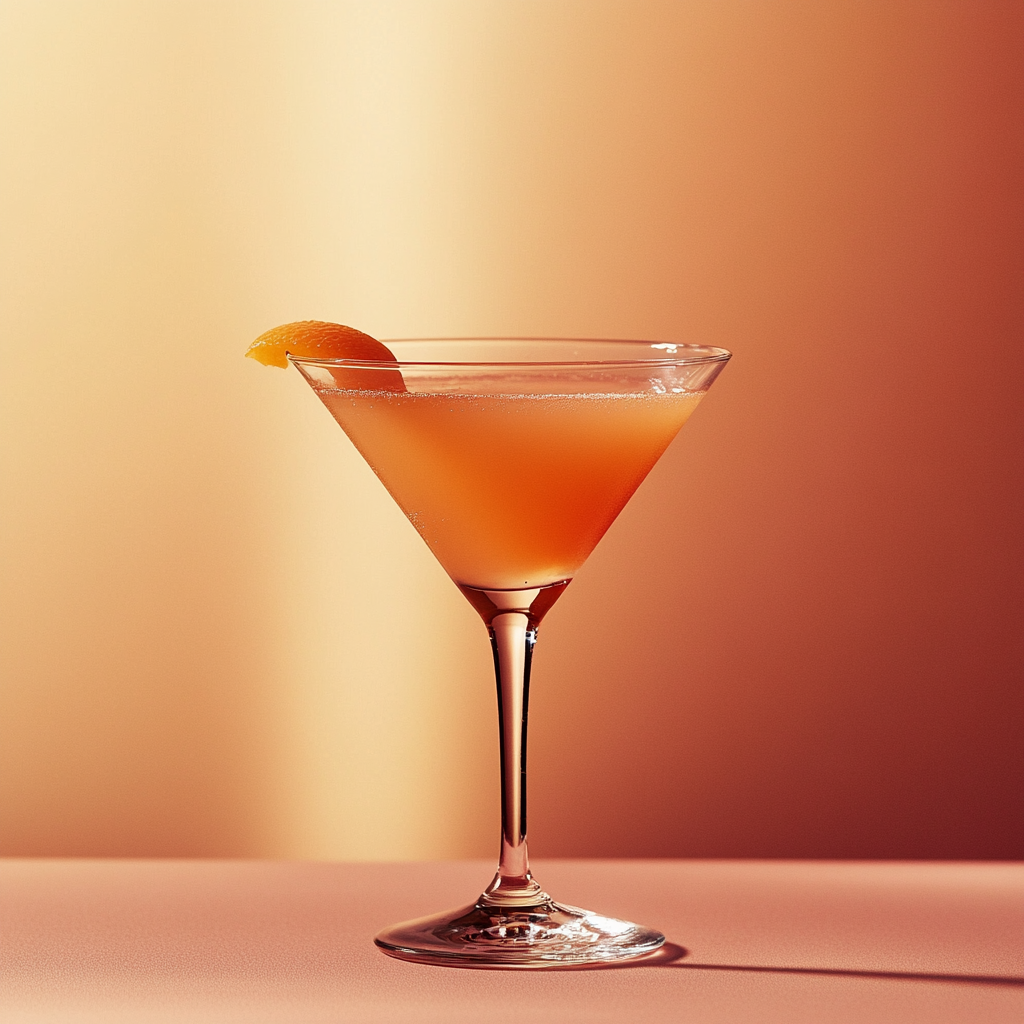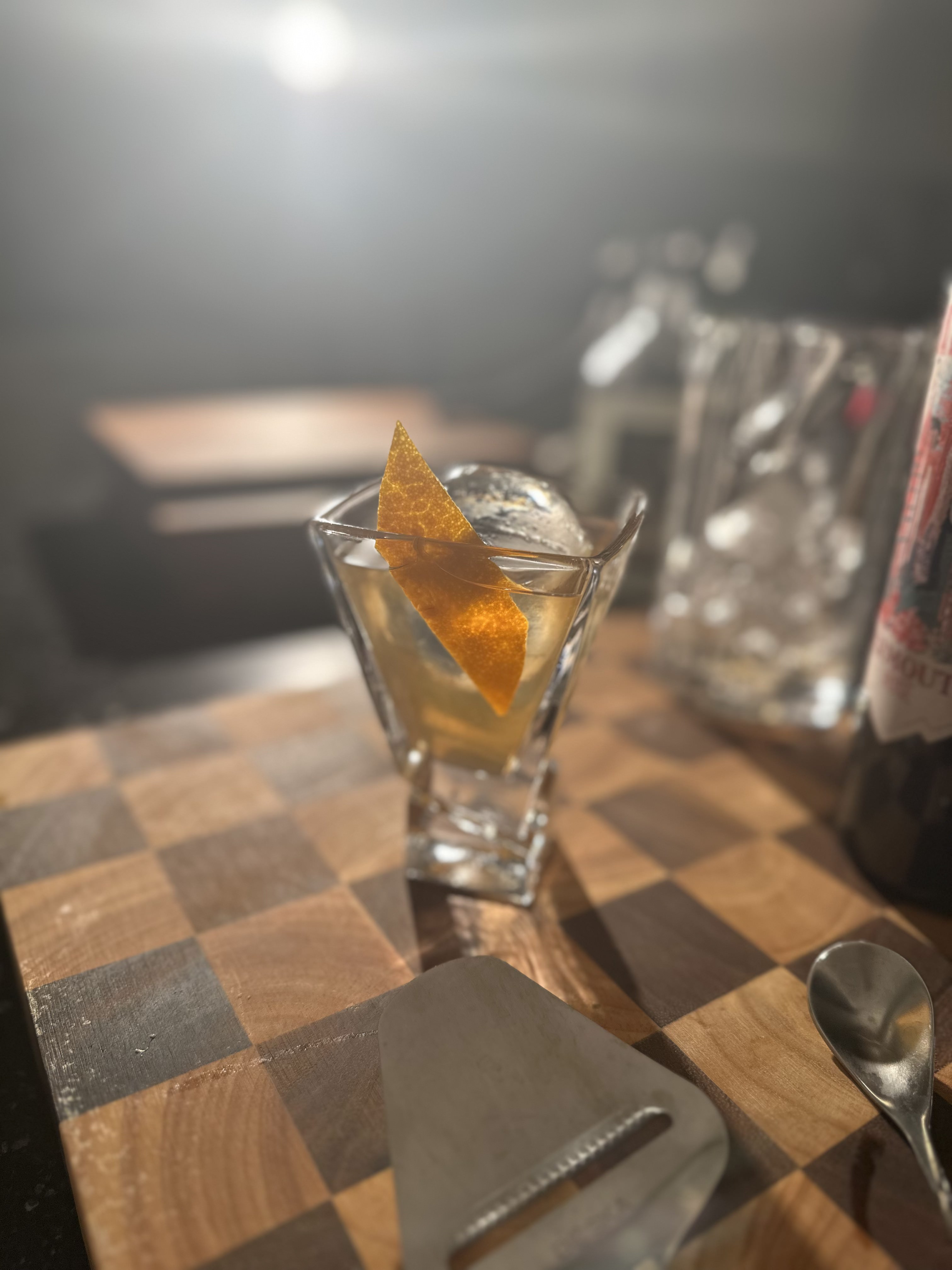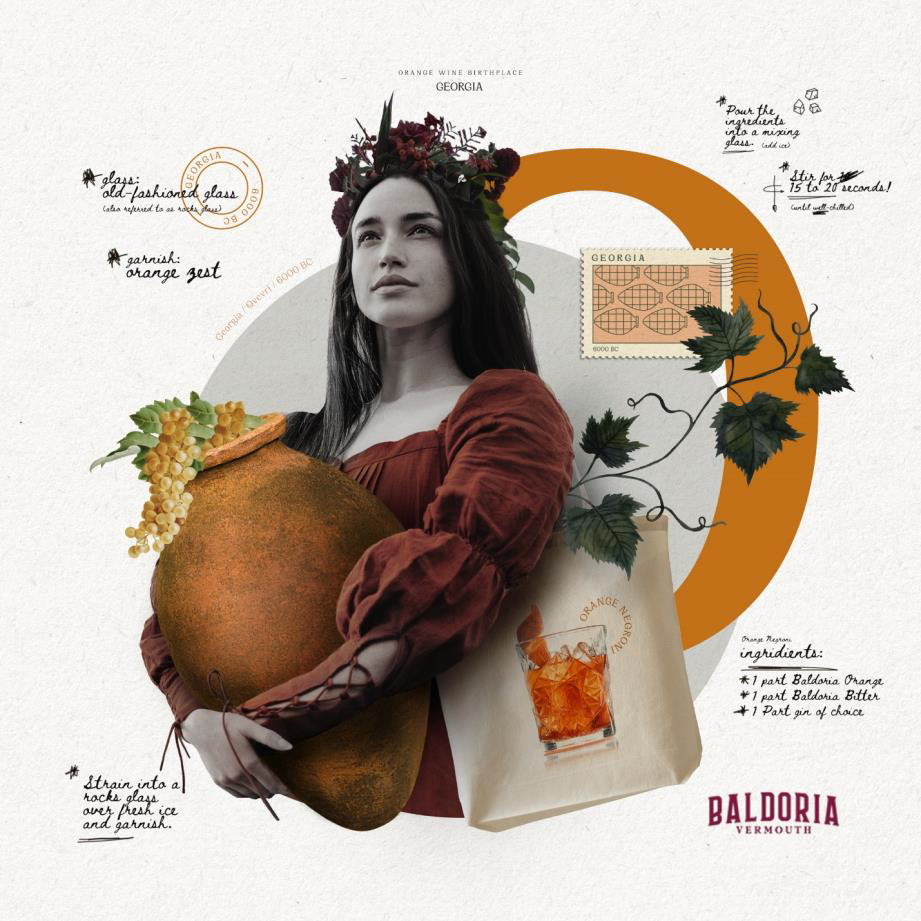Vermouth
What is Vermouth?
Vermouth is a fortified wine that's been aromatized with a blend of botanicals, herbs, and spices, making it technically a spirit due to its added alcohol content and belonging in the All Spirits category. This European creation starts with a base wine that gets infused with secret botanical recipes—think wormwood, citrus peels, roots, and aromatic herbs—then fortified with neutral spirits to boost its alcohol content to around 15-18%. What defines vermouth is this unique combination of wine, botanicals, and fortification, creating a complex aperitif that serves as both a sipper on its own and an essential component in classic cocktails like Martinis and Manhattans.Learn More About Vermouth
What are the different types of Vermouth?
Vermouth splits into three main camps: sweet (rosso), dry, and blanc/bianco, each offering a completely different personality in your glass. Sweet vermouth brings rich, herbal complexity with caramelized notes that make it perfect for Manhattans, while dry vermouth delivers crisp, mineral-driven botanicals that shine in martinis. Blanc vermouth occupies the middle ground with floral, vanilla-kissed flavors that work beautifully on their own over ice or in contemporary cocktails that call for something more nuanced than its bolder siblings.
How is Vermouth made?
Vermouth starts with a neutral white wine base that gets fortified with grape spirits or neutral alcohol to bump up the proof, then comes the magic—dozens of botanicals like wormwood, herbs, spices, roots, and citrus peels get macerated or distilled into the wine to create those complex flavors we love. The exact blend of botanicals remains a closely guarded secret for each producer, with some recipes calling for over 30 different ingredients that steep for weeks or months. After blending and aging, the vermouth gets filtered, sweetened if it's a sweet style, and bottled at around 15-18% alcohol.
What does Vermouth taste like? What does Vermouth bring to a cocktail?
Vermouth delivers a complex flavor profile that balances wine's natural grape sweetness or dryness with an aromatic blend of botanicals—think herbs like wormwood, spices such as cinnamon and cardamom, and citrus peels that create layers of bittersweet complexity. Dry vermouth tends to be crisp and herbaceous with floral notes, while sweet vermouth offers richer, more vanilla and caramel undertones alongside its botanical backbone. In cocktails, vermouth acts as the bridge between spirits and other ingredients, adding depth and sophistication while mellowing harsh edges—it transforms a simple gin or whiskey into something far more nuanced and balanced.
How do you drink Vermouth? In what kind of cocktails does Vermouth shine?
You can sip vermouth neat over ice with a citrus twist as an aperitif, but it truly comes alive when mixed into classic cocktails where its herbal complexity adds depth and balance. Dry vermouth is essential in a proper Martini, while sweet vermouth forms the backbone of a Manhattan, Negroni, or Boulevardier. Don't overlook medium-dry vermouths in cocktails like the Perfect Manhattan, where they bridge the gap between sweet and dry with sophisticated herbal notes that complement whiskey beautifully.
What are fun ways to drink Vermouth?
Vermouth makes surprisingly good jello shots - just substitute it for some of the water in your gelatin recipe, though you'll want to use a sweet vermouth for best results. You can absolutely turn it into boozy popsicles by mixing sweet vermouth with fruit juices or even making sophisticated ice pops with dry vermouth, tonic, and herbs like thyme or rosemary. For desserts, try reducing sweet vermouth into a syrup for drizzling over vanilla ice cream, or use it in place of wine when poaching pears - the botanical complexity adds layers that regular cooking wine simply can't match.
How has Vermouth been depicted in culture?
Vermouth has long served as the sophisticated backdrop in classic literature and film, most famously as James Bond's preferred modifier in his "vodka martini, dry" order that established the drink as the ultimate symbol of cool refinement. The fortified wine appears frequently in mid-20th century American culture as shorthand for continental elegance, from Ernest Hemingway's expatriate characters sipping vermouth and soda in Parisian cafés to the Mad Men-era cocktail parties where a proper martini ratio sparked heated debates. Pop culture has painted vermouth as both the essential supporting player in cocktail lore and, oddly enough, as the mysterious bottle gathering dust in home bars—a duality that speaks to its reputation as simultaneously indispensable and misunderstood.
Nutritional Information
Typical Calorie Range per Ounce: 35-45 calories
Typical Carbohydrate Range per Ounce: 3-5 grams
Typical Sugar Range per Ounce: 2-4 grams
Typically Gluten Free: Yes
While vermouth is generally considered gluten-free since it's made from wine and botanicals, those with celiac disease or severe gluten sensitivities should always check the specific product label and manufacturer information to confirm gluten-free status. Some vermouths may use grain-based neutral spirits in their production process, which could affect their gluten-free classification.
Scrolled this far? Your reward? Vermouth Trivia!
- Vermouth was originally sold as medicine, not booze. Italian distillers in the 18th century marketed their botanical-infused wines as digestive tonics and cure-alls. The wormwood that gives vermouth its name was believed to treat everything from stomach problems to memory loss. Bartenders didn't start mixing it into cocktails until the mid-1800s, when someone figured out it tasted way better than the medicinal stuff gathering dust on pharmacy shelves.
- The world's most expensive vermouth costs over $400 per bottle and contains actual gold flakes. Created by Spanish producer Lacuesta, their "Vermut de Oro" uses century-old solera-aged wine as its base and includes 23-karat gold in the final blend. Each bottle takes six months to produce and comes with a certificate of authenticity. Suddenly that $25 bottle of Carpano Antica Formula doesn't seem so pricey.
- James Bond's famous martini preference actually makes perfect sense from a flavor perspective. "Vodka martini, shaken not stirred" isn't just spy swagger – it's smart drinking. Shaking a vodka martini with dry vermouth creates tiny ice crystals that slightly dilute the drink while aerating it, making the vermouth's herbal notes more pronounced. With gin, stirring preserves the botanical oils better. Bond knew his chemistry.
- Vermouth can contain up to 50 different botanicals, but the exact recipes are guarded more fiercely than nuclear codes. Martini & Rossi's recipe vault requires three different keys held by three different executives who must all be present to open it. Carpano's original 1786 recipe is locked in a Swiss bank vault. Some producers won't even tell their own children the complete formulation.
- France almost lost vermouth forever during World War I. The Dolin distillery in Chambéry stopped production in 1914 when all their workers were drafted. The family hid their equipment in caves and buried their recipes in metal boxes. When they reopened in 1919, they discovered their underground aging had created an entirely new flavor profile – which became the basis for their modern blanc vermouth that bartenders still pour today.
Gift message (optional)

